Android Emulators For Windows 10 Low-End PCs In 2025
Android Emulators for Windows 10 Low-End PCs in 2025
Related Articles: Android Emulators for Windows 10 Low-End PCs in 2025
Introduction
With enthusiasm, let’s navigate through the intriguing topic related to Android Emulators for Windows 10 Low-End PCs in 2025. Let’s weave interesting information and offer fresh perspectives to the readers.
Table of Content
- 1 Related Articles: Android Emulators for Windows 10 Low-End PCs in 2025
- 2 Introduction
- 3 Android Emulators for Windows 10 Low-End PCs in 2025
- 3.1 Understanding Android Emulators
- 3.2 Importance of Android Emulators for Low-End PCs
- 3.3 Key Features to Consider
- 3.4 Top Android Emulators for Low-End PCs in 2025
- 3.5 FAQs
- 3.6 Tips
- 3.7 Conclusion
- 4 Closure
Android Emulators for Windows 10 Low-End PCs in 2025

With the rapid advancements in technology, the year 2025 is anticipated to bring significant improvements in the capabilities of low-end PCs. As a result, the demand for Android emulators that can seamlessly run on these devices is expected to surge. Android emulators allow users to experience the Android operating system and its vast ecosystem of applications on their Windows 10 PCs.
Understanding Android Emulators
An Android emulator is a software program that creates a virtual environment on a Windows PC, enabling it to run Android applications. This virtual environment mimics the hardware and software components of an actual Android device, allowing developers and users to test and interact with Android applications without the need for physical devices.
Importance of Android Emulators for Low-End PCs
In 2025, low-end PCs are expected to become even more affordable and accessible, making them a viable option for a wider range of users. However, these devices may have limited hardware capabilities, such as slower processors and less RAM, which can hinder the performance of demanding applications. Android emulators play a crucial role in addressing this challenge by providing a way to run Android applications on low-end PCs without compromising performance.
Key Features to Consider
When choosing an Android emulator for a low-end PC in 2025, it is essential to consider several key features:
- System Requirements: Ensure that the emulator’s system requirements are compatible with your PC’s specifications, especially the processor, RAM, and storage space.
- Performance: Look for emulators that are optimized for low-end PCs and can provide a smooth and responsive experience even with limited hardware resources.
- Compatibility: Consider emulators that support a wide range of Android versions and applications, allowing you to run the latest and most popular apps.
- Customization: Choose an emulator that offers customization options, such as the ability to adjust the screen resolution, memory allocation, and other settings to optimize performance on your specific PC.
Top Android Emulators for Low-End PCs in 2025
Based on the anticipated advancements in low-end PC technology and the evolving capabilities of Android emulators, the following are projected to be the top choices in 2025:
- BlueStacks X: Designed specifically for low-end PCs, BlueStacks X is expected to offer exceptional performance and compatibility with a wide range of Android applications.
- LDPlayer: Known for its resource efficiency, LDPlayer is anticipated to provide a smooth and stable experience on low-end PCs while supporting popular Android games and apps.
- NoxPlayer: Optimized for gaming, NoxPlayer is expected to deliver high-quality graphics and gameplay on low-end PCs, making it an ideal choice for mobile gamers.
- Memu Play: With its user-friendly interface and customizable settings, Memu Play is projected to be a versatile emulator suitable for both developers and casual users.
FAQs
Q: Can Android emulators run on all low-end PCs?
A: The compatibility of Android emulators depends on the specific hardware specifications of the PC. It is important to check the system requirements of the emulator to ensure that it is compatible with your PC.
Q: Are Android emulators free to use?
A: Most Android emulators offer a free version with basic features. However, some emulators may charge a premium for additional features or enhanced performance.
Q: What are the limitations of using Android emulators on low-end PCs?
A: While emulators have made significant progress in optimizing performance, they may still encounter limitations on low-end PCs, such as reduced graphics quality, slower loading times, or compatibility issues with certain applications.
Tips
- Adjust Emulator Settings: Optimize the performance of the emulator by adjusting settings such as screen resolution, memory allocation, and CPU cores.
- Close Unnecessary Programs: Free up system resources by closing any unnecessary programs running in the background while using the emulator.
- Use a Dedicated Graphics Card (if available): If your PC has a dedicated graphics card, assign it to the emulator for improved graphics performance.
- Keep the Emulator Updated: Regularly update the emulator to ensure compatibility with the latest Android versions and applications.
Conclusion
Android emulators are an essential tool for users who want to experience the Android operating system and its vast ecosystem of applications on their Windows 10 low-end PCs. As technology continues to advance, the capabilities of emulators will continue to improve, making them an even more valuable resource for users in 2025 and beyond. By carefully considering the features and requirements outlined in this article, you can choose the best Android emulator for your specific needs and enjoy a seamless and enjoyable Android experience on your low-end PC.
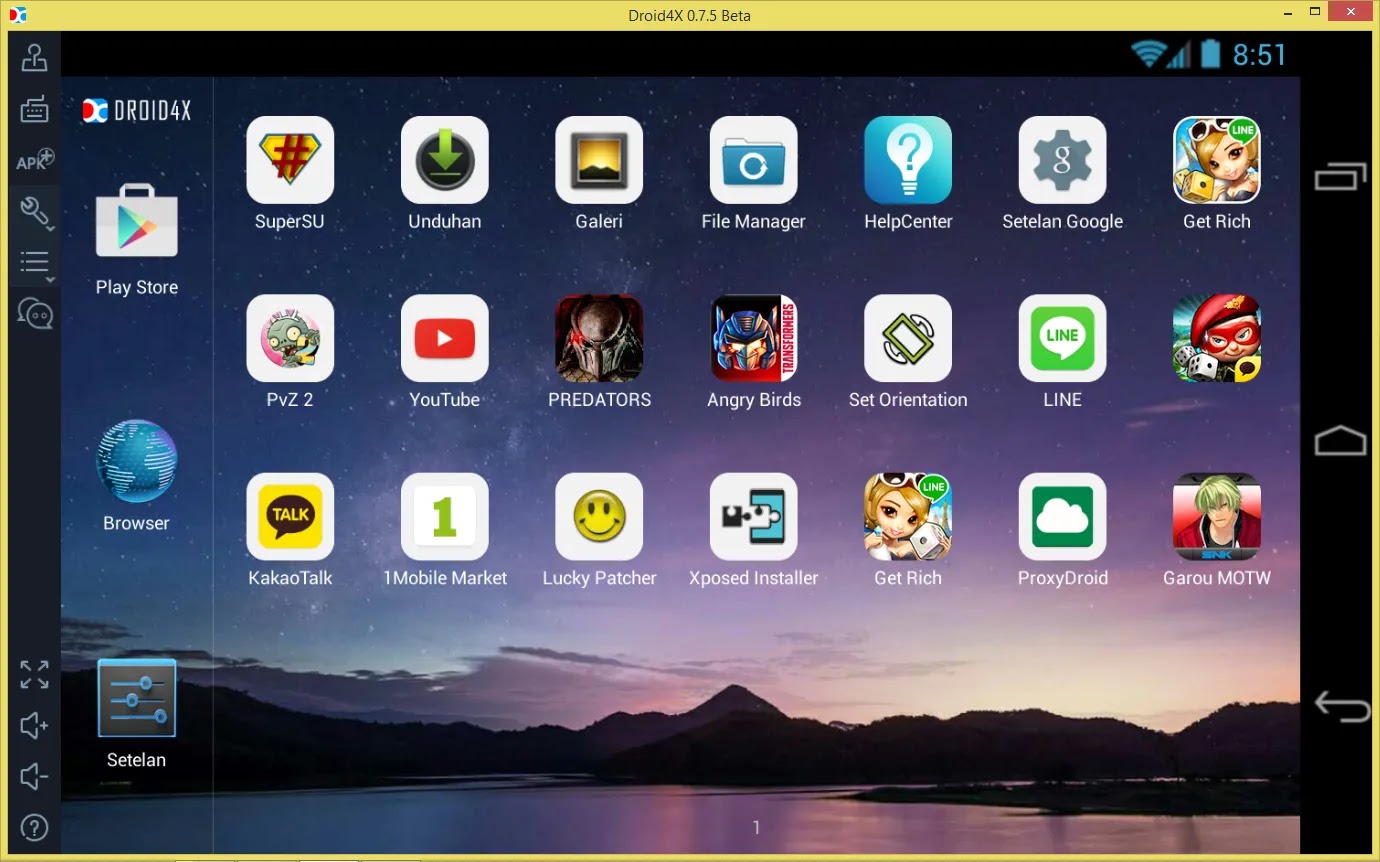
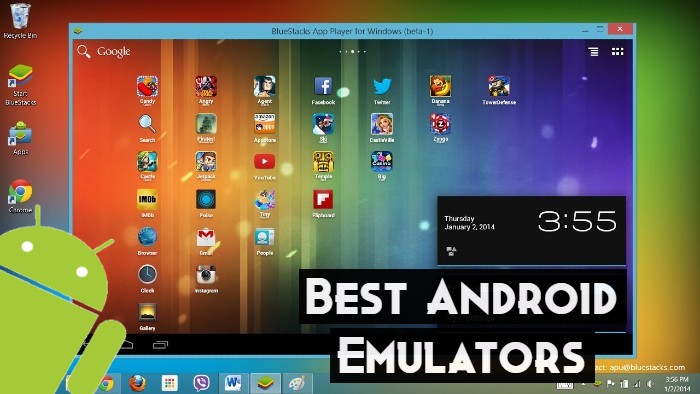

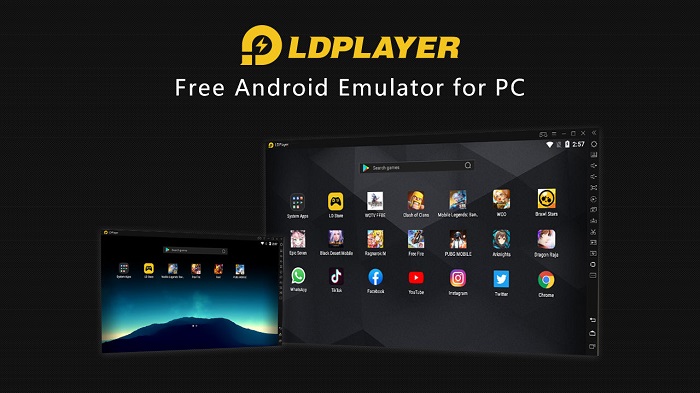

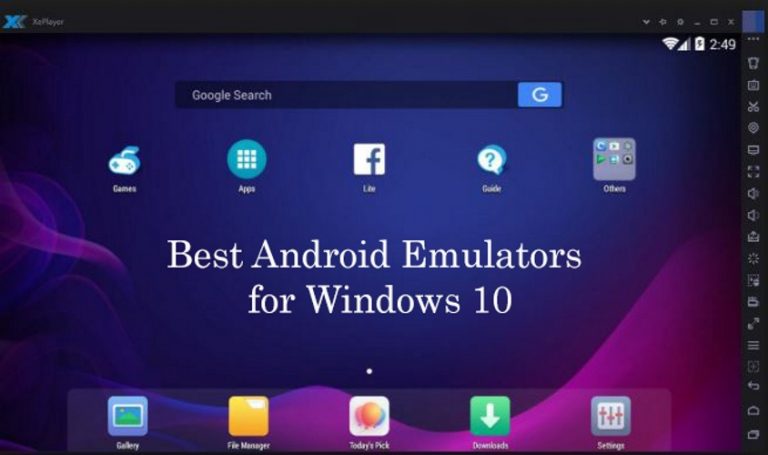
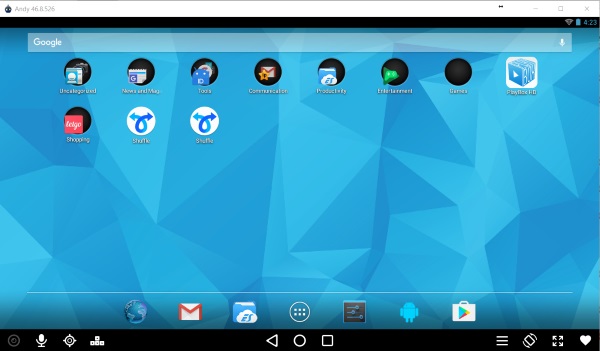

Closure
Thus, we hope this article has provided valuable insights into Android Emulators for Windows 10 Low-End PCs in 2025. We thank you for taking the time to read this article. See you in our next article!